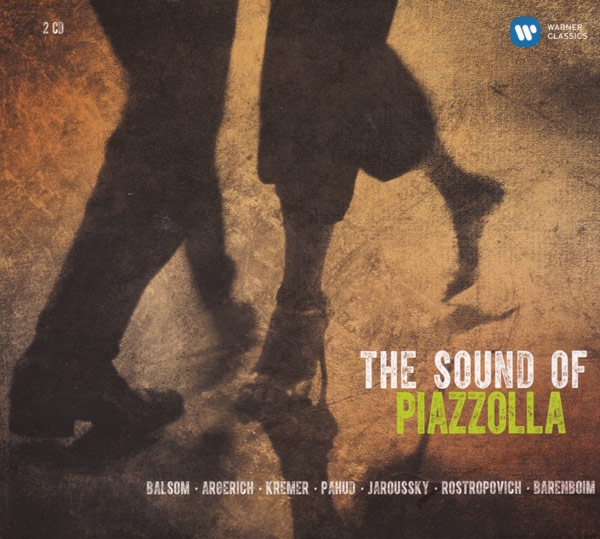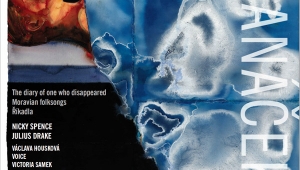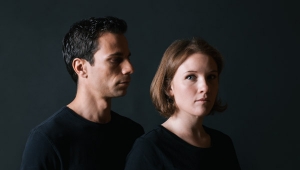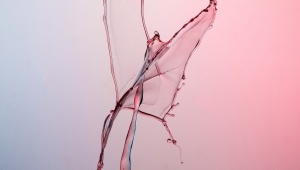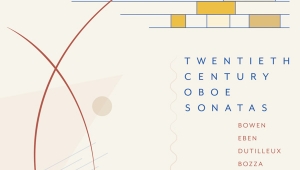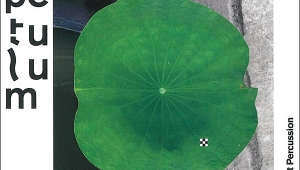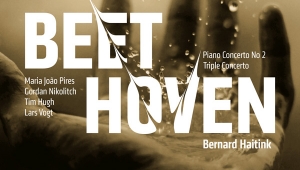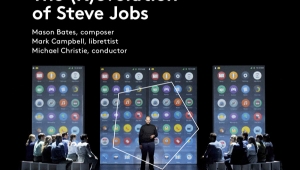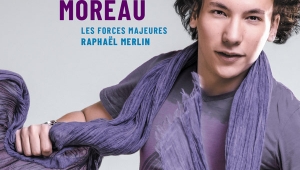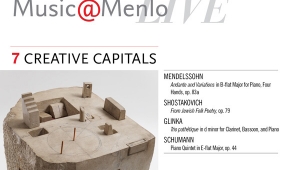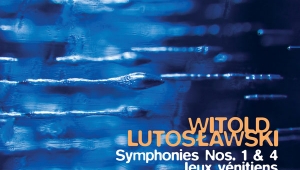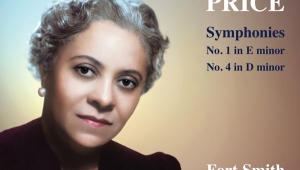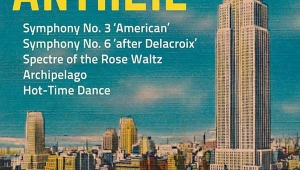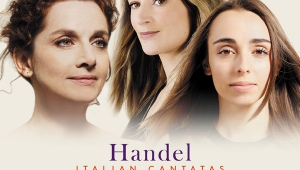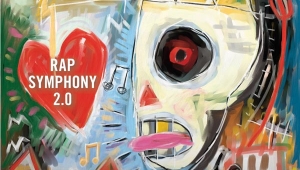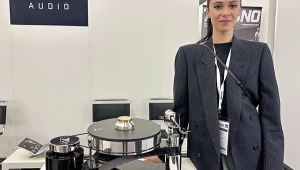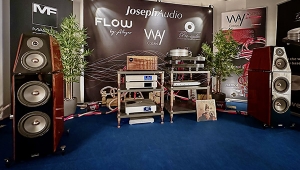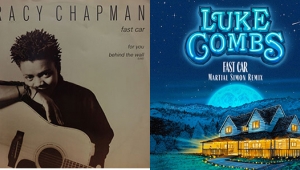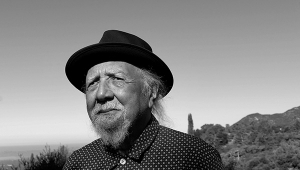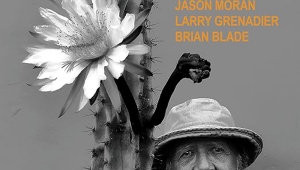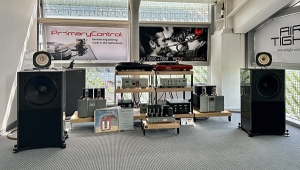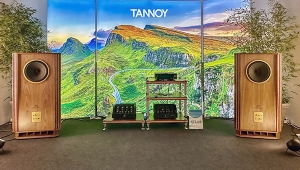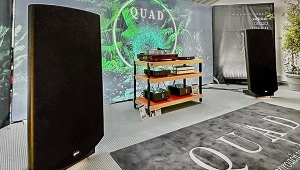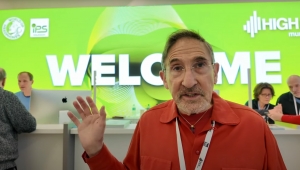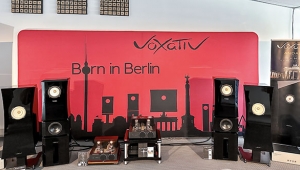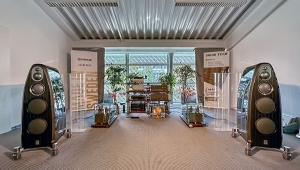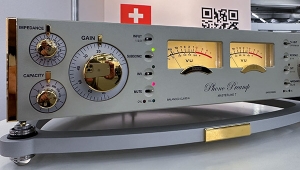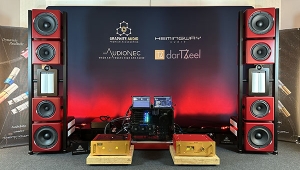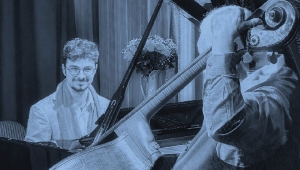| Columns Retired Columns & Blogs |
This dialogue from my Facebook page will be of interest to Piazzolla fans and the curious alike:
Question: hey professor, what album would you recommend to start with for his music. i really like 4-5 star sound so please keep that in mind. i happen to have a delightful album by Connie Evingson called gypsy in my soul which i recommend highly as well
LikeShow more reactions · Reply · 40 mins · Edited
Response:
Connie Evingson's disc is gypsy jazz. That's a very different genre. To explore that genre, go to recordings by Stéphane Grappelli for starters.
As for Piazzolla, there are 581 listings for Piazzolla on arkivmusic.com. http://www.arkivmusic.com/.../Astor.../Composer/9444-1 I have only heard a few of them. The place to start is with this album.
I also looked up Piazzolla as a performer on Arkiv music. There are only four listings, and at least one of them is a product of benign digital trickery http://www.arkivmusic.com/.../Astor.../Performer/9444-2 Nonetheless, the Yo-Yo Ma disc gets a really great review, and should have good sound.
There are a zillion Piazzolla disc at amazon.com, and some are compilations of his own recordings. I cannot vouch for the quality of the transfers.
All these albums are available at HDTracks: http://www.hdtracks.com/catalogsearch/result/?q=Piazzolla.
